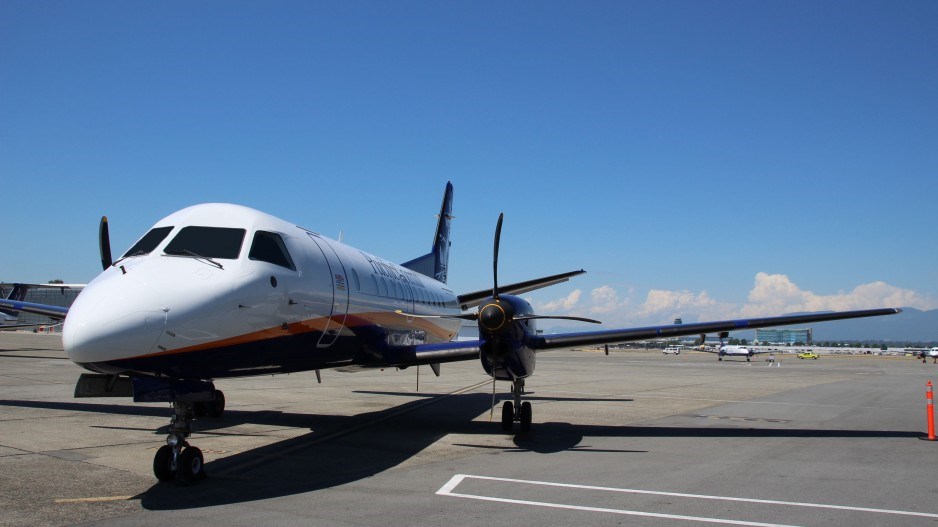Shipping goods from aboriginal businesses to other First Nations communities is often an exercise in “getting raked over the coals,” says Paul Biglin.
The Spirit Bear Coffee co-owner recalls one client in Bella Bella who was charged nearly double per pound of coffee he shipped out to B.C.’s central coast.
It was when Biglin was lamenting those distribution problems with other business leaders two years ago in Penticton at the Aboriginal Business Match development event that the group decided to change the model.
Instead of relying on corporate courier services or ground transportation to get their products to rural clients, the founders of 1 Nation Distribution began exploring the less beaten path when providing clients with shipping services.
“We were a company that learned very quickly how to pack barges and float planes in order to look after our customers,” Biglin recalled.
He said the key to finding the “most economical and value-driven” way to transport clients’ goods to First Nations communities is finding shipping partners that can be flexible and understand the logistical challenges facing these rural locations.
However, Biglin said that can be difficult when much of the transportation industry is dominated by large corporations that won’t budge from the standard rates they set.
“They may tell you they can [ship] throughout the world, but the cost of doing so is exorbitant,” he said.
That’s why 1 Nation Distribution has been entering into strategic partnerships with B.C. companies like Pacific Coastal Airlines.
The Richmond-based carrier flies to 65 communities across B.C. and has more takeoffs from Vancouver International Airport than any other airline after Air Canada (TSX:AC) and WestJet (TSX:WJA).
“Our primary service delivery product is passengers,” said Kevin Boothroyd, Pacific Coastal’s director of sales and marketing. “But one of our secondary or tertiary products is certainly cargo.”
The carrier’s fleet does not include any cargo planes.
“We’re flying aircraft with people, but we have empty space at the back. As a pure business model we want to fill that space, otherwise it’s empty air,” Boothroyd said.
“So [shipping cargo] is gravy money for us in the airline industry.”
But he emphasized partnerships with aboriginal businesses like 1 Nation Distribution go beyond seeking out gravy money.
Pacific Coastal’s history goes back four decades when Bella Coola truck logger Darryl Smith earned a pilot’s licence and began flying people in and out of rural work camps in central B.C.
“We owe our very existence to First Nations flyers because of where we started,” Boothroyd said, adding that Biglin’s Spirit Bear Coffee is the coffee served to flyers on the airlines’ flights.
And Biglin said these types of partnerships struck at Aboriginal Business Match are reshaping the viability of many First Nations businesses.
“A lot of big corporations and companies don’t understand how to work with First Nations communities,” he said. “We now represent companies that have never done work with First Nations communities.”



